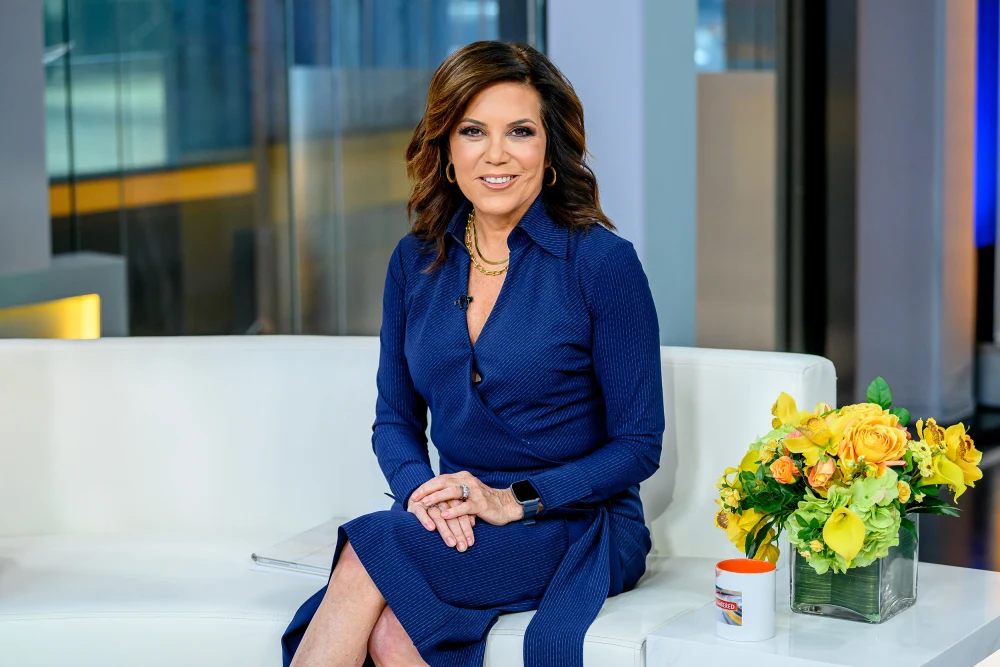Last week, Muslim and Arab American leaders in Michigan refused an invitation to attend a listening session with Joe Biden’s campaign. It was too late, they said, for the president to win their support after ignoring their communities’ pleas for a ceasefire in Gaza for the past four months. Their dissatisfaction with the president could be detrimental to his success in crucial swing states, which he desperately needs to win in order to be reelected.
The session was the first time that a delegation was sent to Dearborn, a suburb of Detroit where more than half of the 109,976 residents are of Middle Eastern or North African descent. Still, the Dearborn mayor Abdullah Hammoud, along with some 15 other leaders, declined the meeting, citing the US-backed Israel-Gaza war in which more than 25,000 Palestinans – most of them women and children – have been killed.
“They’re approaching the community now to speak about the issues unfolding as if they’re electoral problems or political ones. And for us, that’s not what these are,” Hammoud told the Guardian. “This is an issue of humanity. Palestinians are not important because of polling numbers.”
In a similar move on Thursday, several Palestinian Americans rejected an invitation to attend a roundtable discussion at the state department with Antony Blinken, the secretary of state, which they called “insulting and performative”.
According to Hammoud, Dearborn’s first Arab American and Muslim mayor, the Biden-Harris campaign’s outreach strategy for Muslim voters is either nonexistent or insufficient. Other leaders within some Arab American and Muslim communities agreed, saying that they’re in the dark about campaign surrogates and that the administration only consults with people who aren’t outspoken about their disapproval of Biden’s handling of the war.
Meanwhile, White House officials claim that they have increased their engagement with Muslim and Arab Americans since the conflict escalated in Gaza on 7 October, citing a nationwide initiative to counter Islamophobia that was launched in November.
“Moving forward, the President, Vice President, and our entire Administration will continue working to ensure every American has the freedom to live their lives in safety and without fear for how they pray, what they believe and who they are,” Karine Jean-Pierre, the White House press secretary, said in a statement about the development of the interagency group. The Biden campaign did not respond to multiple requests for comment on this story.
But former campaign staffers, voters and leaders within these communities aren’t convinced and the impact of their discontent will likely be a defining moment in Biden’s bid for re-election. A survey from last fall found that 17% of Arab Americans planned to vote for the president, down from 59% who cast a ballot for him in 2020. According to an Axios review of 2020 election results, Biden won Michigan – where 278,000 Arab Americans live – by just 154,000 votes. And in Georgia, where at least 57,000 Arab Americans live, Biden won by 11,800 votes.
Hammoud sees the cancelled meeting as an opportunity to push back on an administration that has taken his constituents’ issues for granted. He and other leaders say that no amount of outreach is enough to gain their support and they are steadfast in their demands for an immediate ceasefire and an end to unconditional support of Israel. And though an end to the humanitarian crisis in Gaza is their immediate concern, the community has long felt ignored by Biden.
Prior to the election, Hammoud said that he voiced concern to Blinken, then a campaign surrogate for Biden, about a leaked 2019 FBI terrorist watchlist. More than 98% of the names were Muslim, according to a report by the civil rights organization Council on American-Islamic Relations. The list is sent to airlines, local police and foreign governments.
Other leaders and organizers criticized the federal government’s decision last September to admit Israel into the Visa Waiver Program, which allows the country’s citizens to travel to the US without a tourist or business visa. They felt that the decision ignored outrage about the mistreatment that Arab and Muslim Americans have long faced at Israel’s borders.
Additionally, leaders say they have pushed for the past few years for Biden to fulfill his 2020 campaign commitment to a Palestinian state.
“Palestine is central to the identity of Muslims,” said Salam Al-Marayati, president and co-founder of the Muslim Public Affairs Council. The non-profit created in 1988 advocates for policies that improve Muslim Americans’ lives. He added that the conflict in Gaza threatens the legitimacy of every Muslim-majority country.
“The Muslim world sees this as something that is unending,” Al-Marayati said. “They view this as their disintegration, not just the disintegration of Palestine.”
Former Biden campaigners have mixed opinions about his administration’s effectiveness in engaging Muslim and Arab American voters in general. Charlene Wang, who worked as a national events manager and digital volunteer organizer for the 2020 campaign, said that she saw no effort to energize Muslim constituents back then. But Ghada Elnajjar, a Palestinian-American organizer, recalled regular Zoom meetings between campaign advisors, leaders and activists to discuss issues that affected their communities. She described the outreach to Muslim and Arab American voters in 2020 as robust compared to now.
“The current outreach strategy to Arab American and American Muslim voters has been inept and awkward,” said Elnajjar. “How do you begin to sell a president who has actively supported the genocide in Gaza?”
For Elnajjar, the administration’s refusal to call for a ceasefire is personal. The daughter of refugees from Gaza, she said that more than 75 of her family members have died there since 7 October. Two of her first cousins, Tariq and Muhammed Mishaal, were killed in an Israeli airstrike that hit their home last month.
Elnajjar, who’s based in Georgia, campaigned for Biden in 2020 as part of the coalition Arab Americans for Biden. The group worked with the campaign to create a partnership agreement in 2020 that promised “Palestinians and Israelis enjoy equal measures of freedom, security, prosperity, and democracy”.
But Elnajjar says that the administration has not fulfilled its promises. As a result, Arab Americans for Biden has changed its name to Arab Americans Forward, which is now focused on calling for a ceasefire and the disbursement of humanitarian aid to Gaza.
Elnajjar, along with other organizers, former campaign staff and community leaders, were unaware of any Muslim surrogates for Biden’s reelection. In fact, she said that the administration is selective of the Palestinian Americans that it consults with and has chosen not to meet with politicians such as Ruwa Romman, a Georgia state representative who has publicly called for a de-escalation of violence in Gaza.
Romman said the White House has not reached out to her or the four other Palestinian American legislators. Conversations that she’s initiated with Democratic National Committee and White House staff also haven’t gone far. “With the DNC, I’ve tried to engage on why ‘not Trump’ isn’t effective messaging,” said Romman, whose family was exiled from Palestine in 1948 before settling as refugees in Jordan. “On [the] White House side I mostly get comments like my perspective is interesting, but that’s about it.”
A movement of Arab Americans and their allies are calling on voters to leave the presidential line blank on the ballot and to only select candidates who support a ceasefire during the Democratic primaries, said Elnajjar. Meanwhile, a nascent #AbandonBiden campaign started by Muslim Americans in Minnesota has spread to other battleground states including Arizona and Pennsylvania.
Throughout the country, protestors demanding a ceasefire have staged demonstrations at campaign events, which has led staffers to screen attendees in ways that could be considered profiling. In a recent event, for instance, two women wearing hijabs accused the Biden-Harris campaign of Islamophobia for refusing them entry to a weekend event. A campaign staffer said that they were disinvited for disrupting previous functions.




